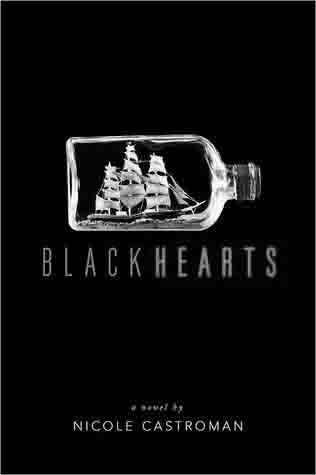A biweekly column addressing students’ health questions from office of Health, Wellness, and Recreation.
Dear Wellness Ambassadors,
I’ve been feeling really guilty because I’ve been faking orgasms with my partner since we started having sex. It’s not that I’m not enjoying myself, I just rarely orgasm. Is this normal?
You are not alone—faking is actually more common than you think! Between 70-80 percent of women and 55 percent of men have reported faking an orgasm. This could be due to the fact that there is so much pressure to orgasm, instead of just focusing on the feel-good aspects of intimacy.
A lot of times, people will feel not only guilty, but also that there is something wrong with them because they cannot orgasm. Just know that these feelings are normal, and there is nothing wrong with you or your partner even though you haven’t been orgasming every single time.
The best thing you can do to improve these situations would be to stop faking. The longer you are dishonest about orgasming, the trickier it may become to be truthful. This also doesn’t allow your partner to learn what really pushes your buttons. You might also want to consider coming clean about faking.
It can be hard, but being honest with your partner will open up dialogue for what you want your sex life to look like. It’s a golden opportunity to talk with your partner about what you like and don’t like. Do you want more foreplay? Different types of stimulation? No matter what your needs may be, they are perfectly normal. Also be honest with your expectations. Maybe you don’t want or expect orgasm every time you have sex, and that too is okay.
Your partner may feel hurt that you haven’t told them before this, and they may feel bad that they haven’t helped you achieve the big-O. Rest assured, you can move past that with honest and open discussion and improve your sex life, and your overall relationship with your partner in the process.
Dear Wellness Ambassadors,
My best friend drinks A LOT of Red Bull, sometimes as much as 4-5 cans a day. I remember seeing something on the news about people dying from drinking energy drinks. Should I be really worried?
Energy drinks like Red Bull, Rockstar, and Monster all contain large doses of sugar and stimulants such as caffeine, guarana, and ginseng. There is anywhere from 75-200 milligrams of caffeine per serving in an energy drink versus 34 milligrams in a serving of Coke. Everyone’s response to high amounts of stimulants vary, but generally speaking they can cause dehydration, increase heart rate and blood pressure, and prevent sleep. If your friend is drinking four to five energy drinks a day, they could be consuming almost 1,000 milligrams of stimulants!
While caffeine overdoses are not super common, a recent study published in the Canadian Journal of Cardiology did find a link between excessive consumption of energy drinks and cardiac arrest in young individuals.
The problem is that really large amounts of stimulants could cause an individual’s heartbeat to become irregular and put them at risk for a cardiac arrest. Severe dehydration could also occur, and your friend may pass out from lack of fluid and become extremely sick.
Since the dosage of caffeine is so high, these drinks should be consumed carefully. As a general guideline, research seems to suggest that up to one energy drink is safe for healthy young individuals. You might want to encourage your friend to cut back on the amount they drink, or maybe try a safer alternative, like coffee, which has less caffeine. Help them explore why they are drinking the energy drinks. If they feel like they need more energy, maybe they should try getting more sleep, or exercising to increase their stamina in a healthy way.

















